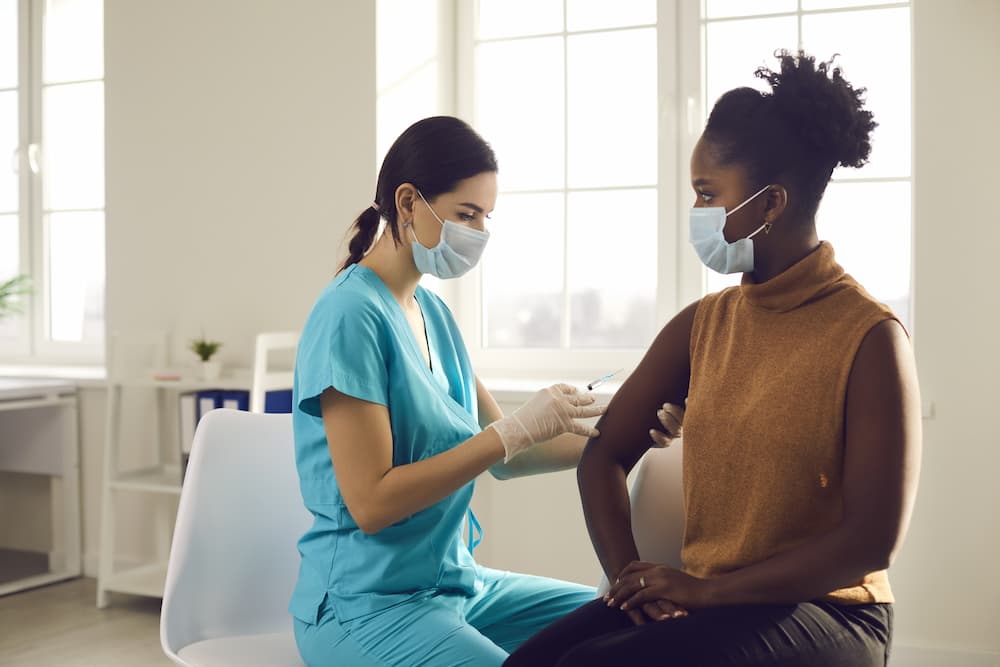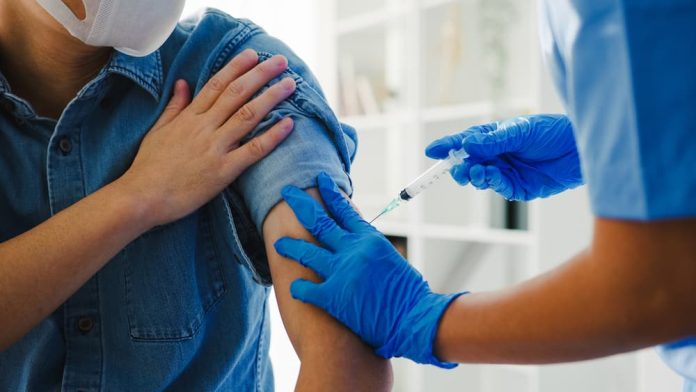The fact that you’re about to get your COVID vaccine shot can be quite exciting. For one, it’s a sign that you can finally ditch the mask and get your normal life back in no time.
However, as excited as everyone can be, people tend to forget about what to do in order to get ready for their scheduled appointment. As you probably already know, COVID-19 jabs, just like tetanus shots, may cause a variety of side effects. It’s, therefore, essential that you learn how you can minimize your body’s possible reactions to the dose or doses you’ll receive. This article will talk about the five steps to prepare for your scheduled COVID vaccination.
Table of Contents
1. Educate Yourself About The Different COVID Vaccine Options

Different vaccine options are now available around the world. Each country has provided emergency use authorization for these vaccines made by different brands as they’re deemed safe and effective to use against COVID-19.
All of these vaccines are clinically proven to be safe and effective against COVID-19, so you should take whichever option is offered or available to you. The only major difference between these vaccines is the number of shots you’ll have to take. For example, the Johnson & Johnson vaccine is just one shot, while the Moderna, Pfizer, AstraZeneca, and Sinovac require two shots, which means you’ll have to schedule a second appointment in a few weeks after getting your first shot.
You can also talk to your doctor if you have further questions about the different vaccine options. Although complete vaccination information is readily available on the Internet, your doctor is still a great resource if you have questions about underlying health problems or post-COVID symptoms that you might have, which may contradict with the vaccine.
2. Be Sure To Hydrate Yourself
You may already know the importance of hydration to your overall health. What most people don’t know is that dehydration can make some of the vaccine side effects worse.
If you go to your scheduled vaccination appointment dehydrated, you may experience some side effects, such as dizziness, lightheadedness, headaches, and fatigue. You should always make it a point to get hydrated first, whether it’s your first or second shot, before going to the vaccination site.
Hydrating after the shot is also important, especially if you have side effects, such as fever, diarrhea, and vomiting. This is because these side effects can dehydrate your body.
Hydration is also important for a good vaccine experience. If you’re already anxious and nervous about taking a vaccine shot, being dehydrated can make things worse. That’s because dehydration can affect your mood and increase your heart rate. Not to mention that it increases the production of stress hormones, which then increases anxiety. Be sure to hydrate yourself before and after the shot, especially if you’re nervous or anxious about it.
3. Avoid Taking Over-The-Counter Medicines
Medical professionals recommend that those people who are about to get their shots the next day should avoid taking any type of over-the-counter medicine. This is to help prevent you from experiencing vaccine-related side effects.
The most common vaccine-related side effects are fatigue, chills, headaches, and nausea. If you think that your over-the-counter medications, such as pain relievers, will help you with your shot and prevent these side effects, you’re wrong. Experts don’t recommend taking pain relievers prior to getting your vaccine shot.
If you’re taking over-the-counter medications regularly, you should talk to your doctor or provider first if it’s safe to take them during the day of your scheduled appointment.
4. Wear Vaccine-Friendly Clothes

You should wear proper clothing when you get your vaccine shot so it’ll be easier for the nurse or physician to administer the vaccine. The COVID vaccine is administered the same way as the flu shot. This means that the vaccine is going to be injected into your deltoid muscles on your upper arm. It’s best if you wear loose clothes or sleeveless shirts to make it easier for the medical professionals to inject the vaccine on your upper arm.
5. Get Plenty Of Rest
Getting plenty of rest is also a key in helping you prepare for your vaccine shot. Be sure to get a good night’s sleep the night before your scheduled appointment and make a plan on taking things easy after getting your shot.
Also, avoid drinking alcohol the night prior since it can cause dehydration and lower your immune response. Drink plenty of water before you go the vaccination center to ensure that you are properly hydrated before taking your shot.
Side Effects Of The Vaccine Shot
Side effects are normal after taking a vaccine shot. It is the body’s immune response to the vaccine. For COVID vaccines, they work to boost your immune system so it can recognize the coronavirus and develop antibodies that’ll get rid of it. For those who are wondering why there are vaccines that require two shots, the first shot is for boosting the immune system so that it’ll recognize the coronavirus as an attacker, while the second one revs up the immune system so it can get rid of the virus once it’s recognized.
Once you got your shot, here are some of the most common side effects that you may experience from it:
- Chills
- Fever
- Headache
- Muscle pain
- Nausea
- Tiredness
Although they’re very rare, some people experience allergic reactions and anaphylaxis after getting their shot. The good news is most of the common side effects can be eased by getting plenty of rest and drinking lots of water.
Conclusion
The global pandemic caused by coronavirus has impacted everyone in the world. It caused global economies to stall, changed how people work and socialize with friends and family, and put global healthcare to the test.
Governments from around the world were also forced to implement restrictions on many human activities just to curb the spread of the coronavirus. But, now that vaccinations have already started, people now have an opportunity to transition out of the pandemic and get the chance to live in a mask-free society again. Be sure to get your vaccine shots because they have a lot of benefits to offer.


